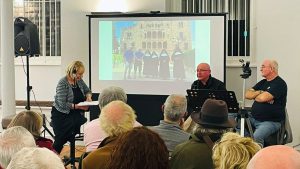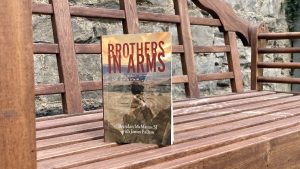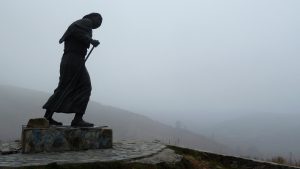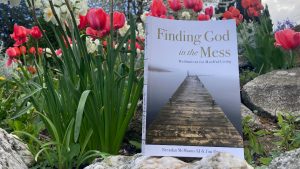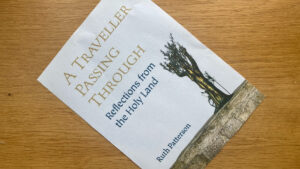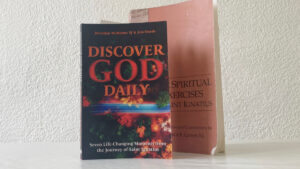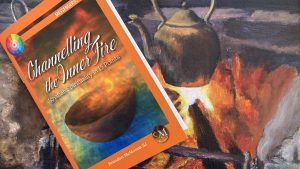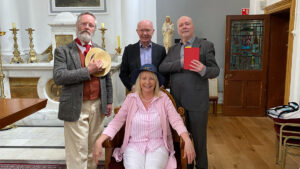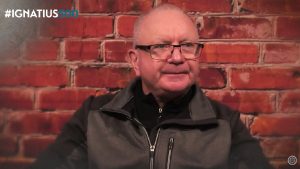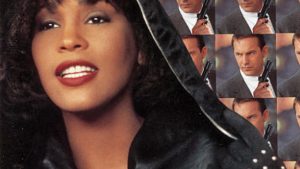Watching ‘Belfast’ in Belfast

BRENDAN McMANUS :: I had the pleasure of seeing the film Belfast in Belfast and seeing director Kenneth Branagh, a native, give a special welcome to the home audience. The film has a strong autobiographical feel, drawing on his own experience.
Seen through the eyes of the young 9-year-old boy, Buddy, it is a nostalgic look back at the end of the ‘60s period, the beginning of what is euphemistically called The Troubles (The Great Violence would be more accurate). It is very close to home of course, I was 7 years old in 1969 and have vivid memories of the time as well. I remember being in Belfast for a day out with my dad and getting caught up in a riot at a barricade and being tear-gassed accidentally.
Some of the details are just bang on: the small house, the clothes, the TV programmes, the toys, the fascination with cinema and the community lifestyle. What really brought me back was the sounds of the church bells, very common in those days. We would have to be home for our tea when the 6pm Angelus bells were rung.
What is also accurate and redeeming is the liberal use of humour, sprinkled in good measure through the film. As well as some genuinely brilliant lines, there is the reality of its necessity as a coping mechanism in the face of the ugliness of political events and pervasive violence.
The violence of the Troubles is the backdrop to all of this. It is reflected in the actual violence inflicted on their street (the burning out of Catholic families & locals erecting barricades for protection) and the continual TV news reports that wash over Buddy’s head. The perspective of the young boy is important as it illustrates the traumatic effect of witnessing violence first hand and the boy’s struggles to understand the sectarian divide and the sudden barriers with his Catholic neighbours. This theme is repeatedly drawn on as Buddy questions his own faith (his church has an apocalyptic preacher), how Catholics and Protestants are different (names don’t always tell you), and how senseless the sectarian violence proves (dividing and separating people that were living side by side).
It tells the tragedy of the North through Buddy’s eyes in a way that unmasks the hypocrisy, the failure of faith, and the empowerment of the violent. The last of these is critical: the majority of people don’t want violence, as the subsequent 1998 peace process proved, but are forced into compromising positions by sectarian thugs who seek to polarise and divide. Buddy’s father is caught in this very position and is forced to choose between emigrating to escape or being pulled into the conflict against his will. Without giving any spoilers, it is a tragedy, the hostage to violence that manipulates situations and forces people into sectarian corners. Seen through the child’s eyes hero-worshipping his dad, it is all a bit idealised and simplistic of course.
The music of Van Morrison is the soundtrack. While this is obvious and predictable in many ways (I confess to being a huge fan myself), it does tend towards the over-nostalgic, i.e. a native looking back from afar. There were other musical options that might have been better – Brian Kennedy’s a capella version of the ballad ‘Carrickfergus’ is one that springs to mind, not to mention some Undertones or Stiff Little Fingers, which might have captured a more contemporary feel.
In summary, it is an enjoyable trip down memory lane but it doesn’t illuminate many of the thorny issues of the Troubles. The end of the film sees a division between ‘those who left’ and ‘those who stayed’. The emphasis is very much on the former (reasons for leaving) but doesn’t explain much for those who had to live through it all.


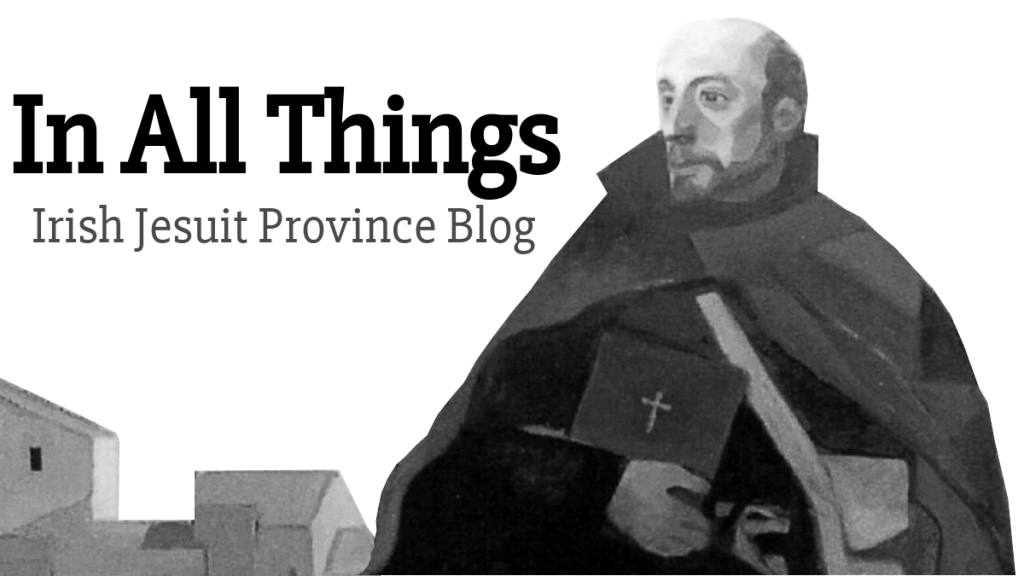
 Fermanagh-born Brendan McManus SJ works in the area of spirituality and spiritual accompaniment. He is the author of Redemption Road: Grieving on the Camino, a highly-praised personal reflection on healing and recovery. It deals with Brendan's experience on the Camino pilgrimage as part of his effort to come to terms with his brother's suicide.
Fermanagh-born Brendan McManus SJ works in the area of spirituality and spiritual accompaniment. He is the author of Redemption Road: Grieving on the Camino, a highly-praised personal reflection on healing and recovery. It deals with Brendan's experience on the Camino pilgrimage as part of his effort to come to terms with his brother's suicide.

